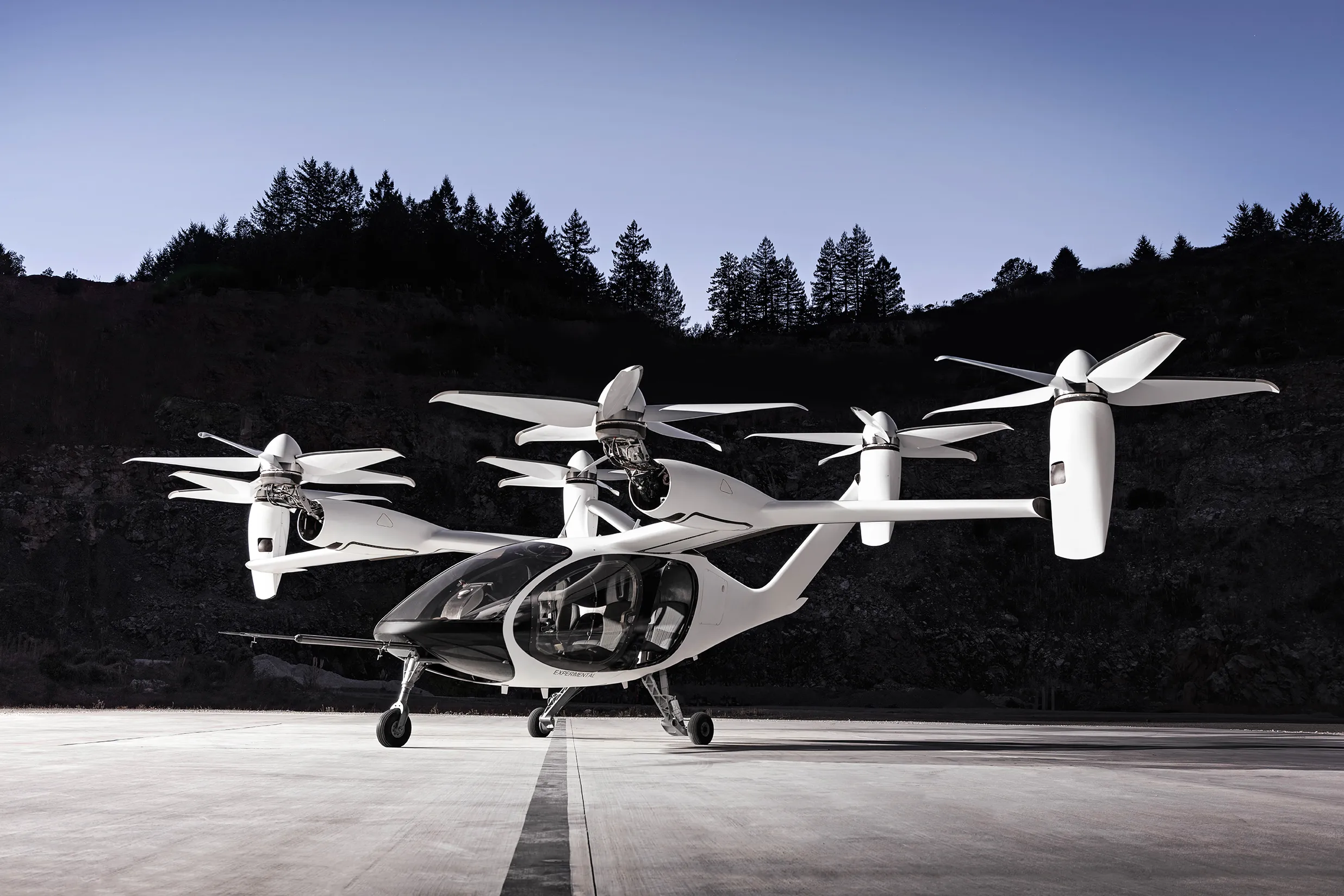Joby Aviation has raised $590 million in a funding round led by Toyota Motor to further develop urban air mobility.
By Ben Spencer
February 17, 2020
Read time: 1 min

Joby founder JoeBen Bevirt says Toyota will help the company achieve its ambition of “saving a billion people an hour a day”.
Toyota is to share its manufacturing and cost controls to aid the development of Joby’s electric vertical take-off and landing (eVTOL) aircraft.
As part of the deal, Toyota Motor’s executive vice president Shigeki Tomoyama will join Joby’s board of directors.
Other investors in the round include Intel Capital, Capricon Investment Group and Baillie Gifford.








